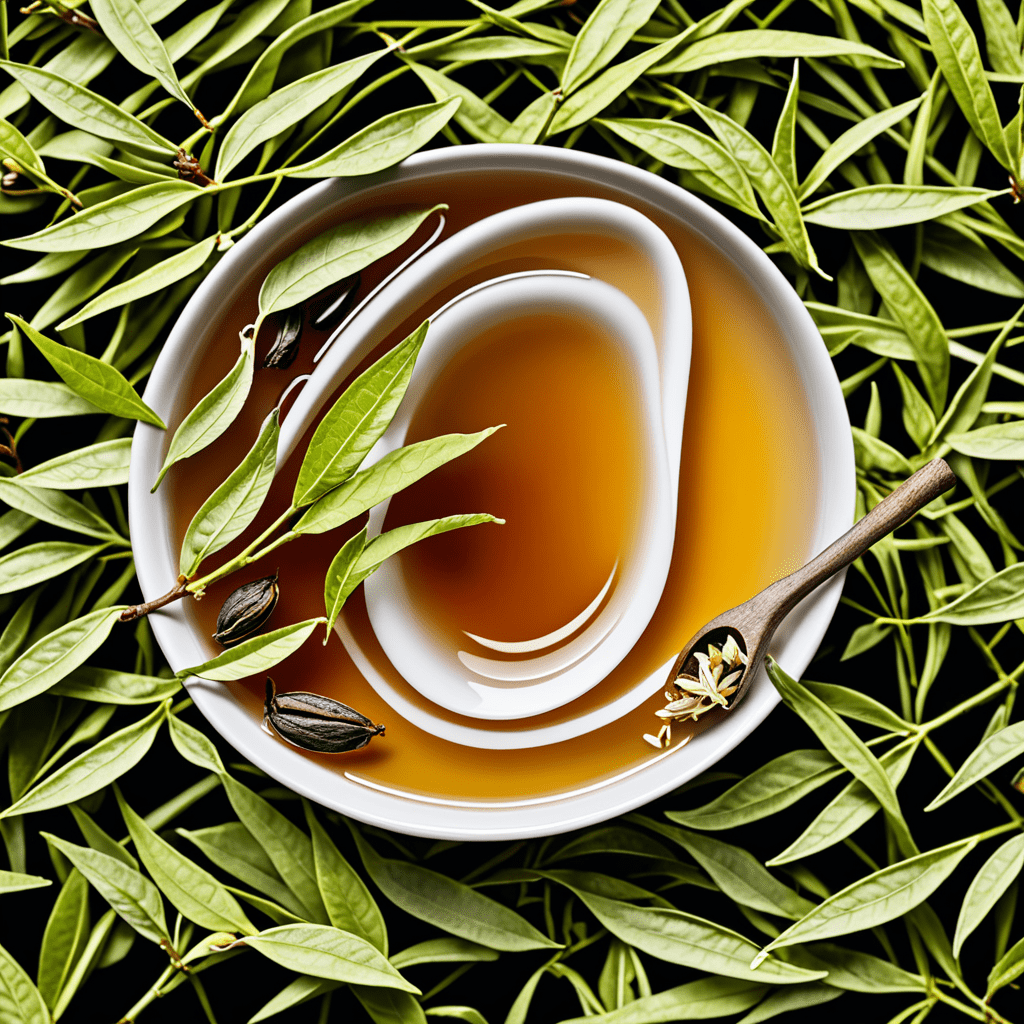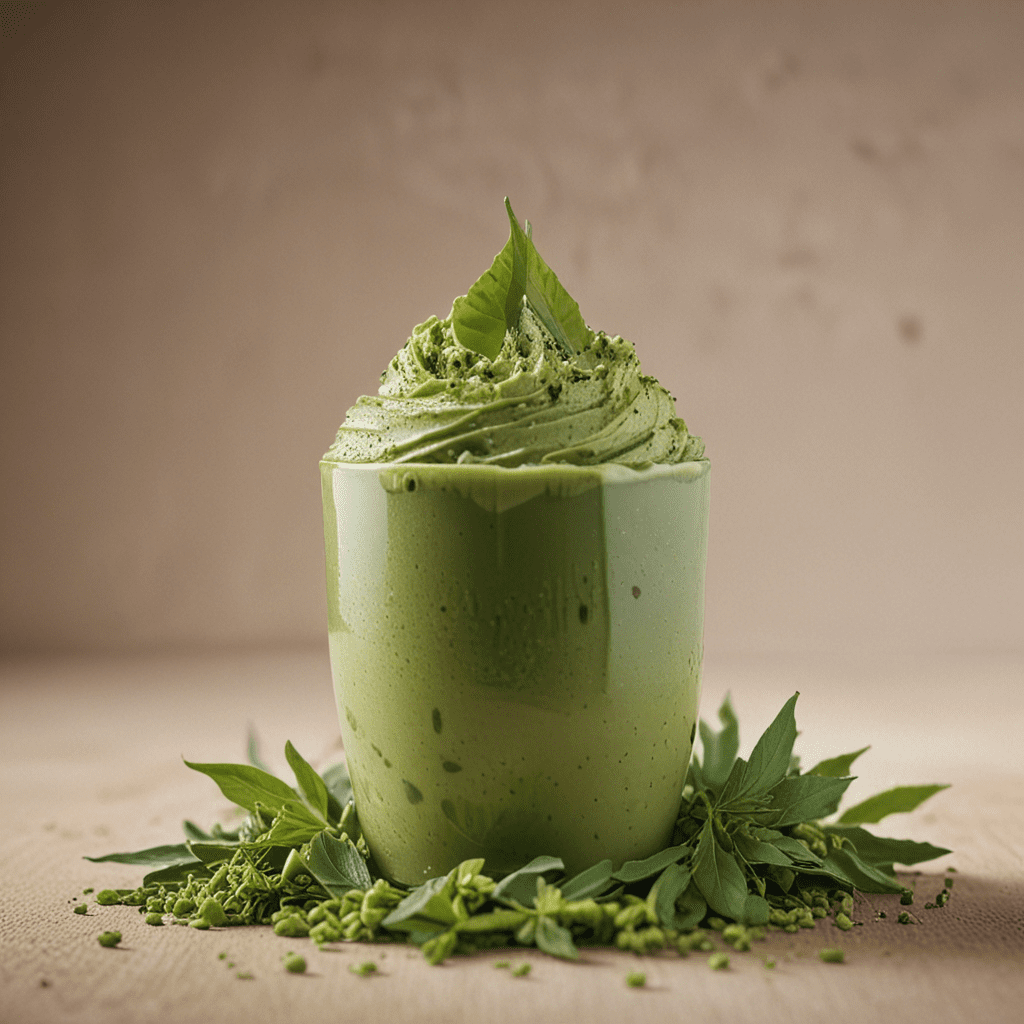Assam Tea: Aromatic Bliss in Every Sip
Introduction: Assam's Tea Legacy
Assam, a northeastern state of India, is renowned globally for its exceptional tea, a beloved beverage savored by tea enthusiasts worldwide. Assam's tea legacy dates back to the 19th century when British planters first discovered the indigenous tea plants thriving in the region's fertile soil and favorable climate. Today, Assam is the second-largest tea-producing state in India, contributing significantly to the country's position as the world's second-largest tea producer.
Distinctive Characteristics of Assam Tea
Assam tea is characterized by its robust, malty flavor, a result of the high caffeine content and the unique growing conditions of the region. The leaves of the Assam tea plant are large and dark green, yielding a rich, full-bodied liquor with a vibrant amber hue. Assam teas are known for their strong aroma, with notes of malt, honey, and woodsy undertones. They possess a pleasant astringency that balances the sweetness, creating a harmonious and satisfying taste experience.
The Soil and Climate of Assam's Tea Gardens
The Brahmaputra Valley, the heart of Assam's tea-growing region, is blessed with a unique combination of soil and climate that contributes to the exceptional quality of Assam tea. The soil is alluvial, rich in organic matter, and well-drained, providing optimal conditions for the tea plants to flourish. The region's subtropical climate, with abundant rainfall and high humidity, creates an ideal environment for tea cultivation. The warm temperatures and ample sunshine promote vigorous growth, while the frequent rainfall ensures adequate moisture for the plants to thrive.
6. Tasting Notes and Flavor Profile
Assam teas offer a distinctive tasting experience that appeals to tea enthusiasts globally. When steeped, the leaves produce a rich, dark amber liquor with a full-bodied mouthfeel. The flavor profile of Assam teas is characterized by its bold and malty notes, with hints of honey, caramel, and a pleasant astringency. The high caffeine content provides a stimulating effect, making it an ideal tea for starting the day or enjoying as an afternoon pick-me-up.
7. Health Benefits of Assam Tea
Beyond its exceptional taste, Assam tea is also recognized for its potential health benefits. The high concentration of antioxidants, particularly flavonoids and polyphenols, helps combat oxidative stress and protect cells from damage. Studies suggest that regular consumption of Assam tea may support cardiovascular health, improve digestion, boost the immune system, and have anti-inflammatory properties.
8. The Role of Assam Tea in the Global Tea Industry
Assam plays a significant role in the global tea industry, accounting for a substantial portion of India's tea exports. It is a preferred choice for blending with other teas, adding strength and body to various tea blends. Assam tea is widely exported to countries around the world, including the United Kingdom, the United States, and Europe, where it is savored for its unique flavor and quality.
9. Cultural Significance and Social Impact
Tea holds a deep cultural significance in Assam, where it is an integral part of social gatherings and daily life. Tea gardens are a source of livelihood for many in the region, providing employment and economic stability. The tea industry has also contributed to the development of infrastructure and social services in Assam, positively impacting the local communities.
10. Conclusion: The Enduring Appeal of Assam Tea
Assam tea has captivated tea lovers worldwide with its distinctive flavor, remarkable health benefits, and rich cultural heritage. Its robust and malty character, coupled with its stimulating effect, makes it a beloved choice for both casual tea drinkers and discerning tea enthusiasts. Assam tea continues to be a source of pride for the region and an ambassador of India's exceptional tea culture.
Frequently Asked Questions (FAQs)
Q: What is the difference between Assam tea and Darjeeling tea?
A: Assam tea is known for its bold and malty flavor, while Darjeeling tea is more delicate and aromatic with a hint of muscatel.
Q: What is the best way to brew Assam tea?
A: Assam tea can be brewed in a variety of ways, but the traditional method involves using a teapot and boiling water. Steep the tea leaves for 4-5 minutes for optimal flavor.
Q: Is Assam tea high in caffeine?
A: Yes, Assam tea generally has a higher caffeine content than other types of tea.
Q: Can Assam tea be consumed daily?
A: Yes, Assam tea can be enjoyed daily as part of a balanced diet. However, individuals sensitive to caffeine may want to limit their intake.

